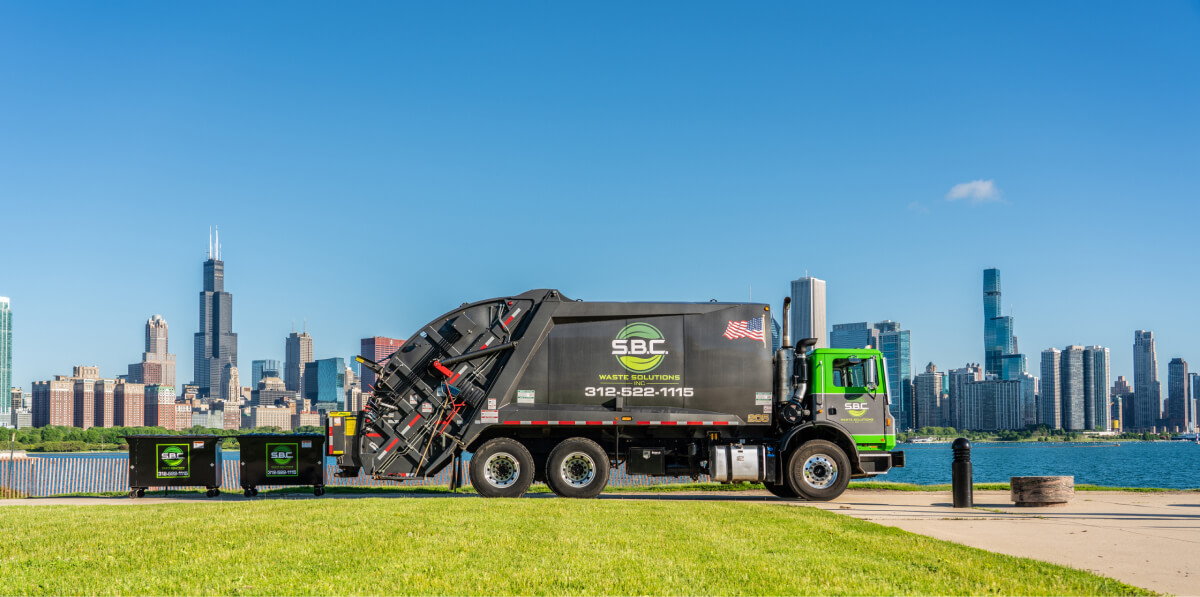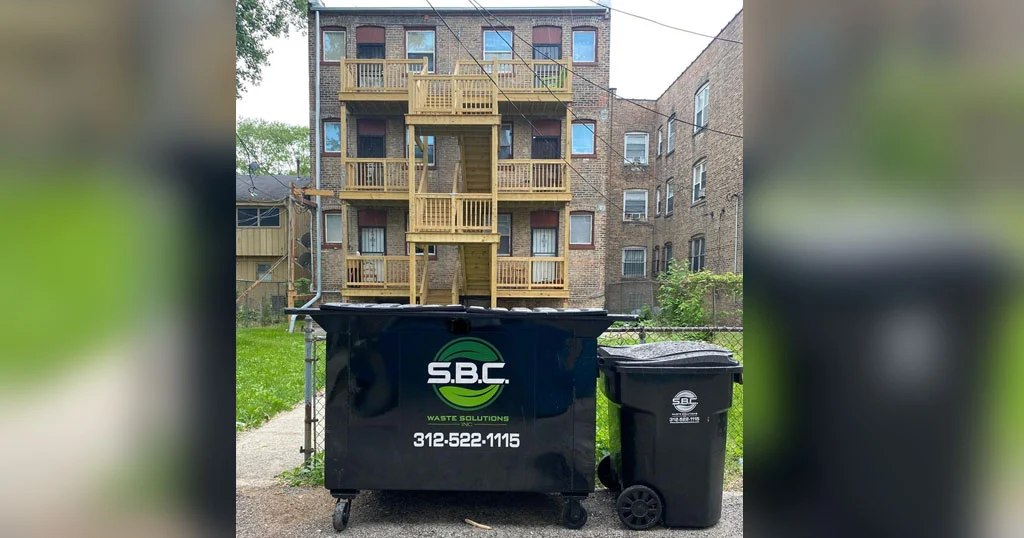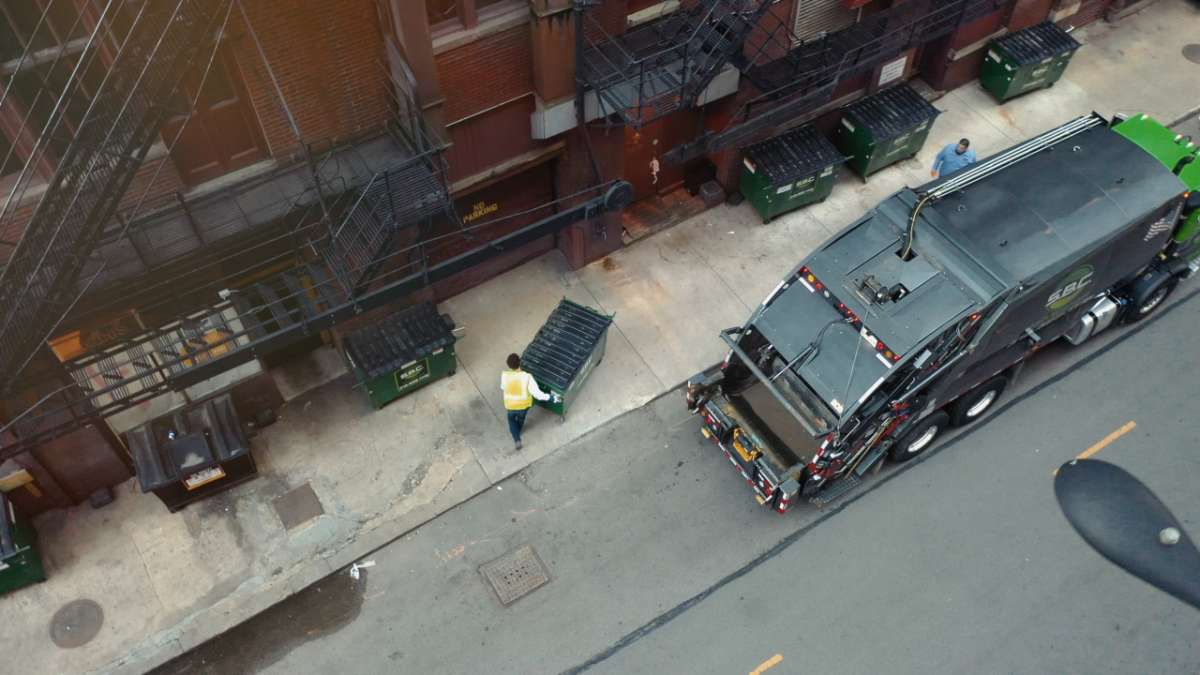The Cost of Garbage Pickup: What to Expect and How to Budget
The Cost of Garbage Pickup: What to Expect and How to Budget
Ever wondered where your trash goes once you wheel it out to the curb? For most, it’s out of sight, out of mind. But understanding the cost of garbage pickup is crucial, whether you’re a homeowner or running a business. Knowing what to expect and how to budget can save you from unwanted surprises and hidden fees. In this post, we’ll break down garbage pickup costs, explore the factors that influence these fees, and offer tips on budgeting for waste management.
Understanding Garbage Pickup Cost
What Are Typical Waste Management Fees?
Garbage pickup services vary widely, and so do their costs. Here’s a quick breakdown of the most common waste management services and their typical fees:
- Curbside Pickup: Most households opt for curbside pickup, which usually incurs a monthly or quarterly fee. This service often includes the pickup of general waste, recyclables, and sometimes yard waste.
- Dumpster Rental: For businesses or larger cleanouts, dumpster rentals might be necessary. These are generally priced based on the size of the dumpster and the duration of the rental.
- Recycling Services: Some areas offer recycling pickup as part of curbside service, while others charge an additional fee. It’s essential to understand what’s included in your local service to avoid unexpected costs.
The Importance of Knowing the Costs
Knowing the various costs associated with garbage pickup helps in planning and budgeting effectively. Whether you’re managing a household or a business, understanding these fees can help you avoid hidden charges and make informed decisions about your waste management needs.

Garbage Pickup Service
Factors Influencing Garbage Pickup Costs
Several factors can influence the cost of garbage pickup services, making it essential to understand what might affect your bill:
- Location: Your geographic location plays a significant role in determining waste management costs. Urban areas typically have higher rates due to increased operational expenses, whereas rural areas may benefit from lower costs.
- Service Frequency: The frequency of your garbage pickup service can also affect the costs. More frequent pickups will typically result in higher monthly or quarterly fees.
- Type of Waste: The kind of waste you generate can impact costs. For instance, hazardous waste, construction debris, and bulky items like furniture often require special handling and incur additional fees.
- Volume: The amount of waste you produce is another critical factor. Larger families or businesses that generate more waste may need additional bins or larger dumpsters, which come with higher costs.
- Local Regulations: Local policies and regulations can also dictate costs. Some municipalities may have stricter recycling requirements or additional fees for certain types of waste, which can affect your overall waste management expenses.
- Seasonal Variations: Some areas may experience seasonal fluctuations in waste management fees. For example, yard waste collection might increase in the fall and spring, potentially adding to your overall costs during these periods.
- Contract Terms: The terms of your waste management contract can influence costs as well. Long-term contracts might offer lower rates, while short-term or one-time services may be more expensive.
Understanding these factors can help you better plan for and manage your waste management expenses. By being aware of what influences the costs, you can make more informed decisions and potentially find ways to reduce your overall waste management bill.
Budgeting for Waste Management
Effectively budgeting for waste management involves a few key steps, ensuring that you allocate the right amount of funds and avoid unexpected expenses. Here are some tips to help you budget for garbage pickup services:
- Assess Your Needs: Start by evaluating the types and volumes of waste you produce. Understanding your specific requirements will help you choose the appropriate services and bins or dumpsters service that is necessary for your waste disposal.
- Research Providers: Look into different waste management companies in your area. Compare their services, fees, and customer reviews to find a provider that fits your needs and budget.
- Plan for All Types of Waste: Make sure to include costs for all kinds of waste removal, including regular garbage, recyclables, yard waste, and any special pick-ups required for hazardous materials or bulky items.
- Consider Service Frequency and Volume: Determine how often you need your waste picked up and the size of the containers required. This will help you estimate monthly or quarterly costs more accurately.
- Account for Seasonal Variations: Include seasonal changes in your budget. For example, you might need extra yard waste pick-ups in the autumn or spring.
- Check for Hidden Fees: Be aware of any additional fees that might not be included in the standard waste management service cost, such as charges for special pick-ups or extra bins.
- Factor in Local Regulations: Understand any local regulations that might impact your costs, such as mandatory recycling or fees for certain types of waste.
- Look for Cost-Saving Opportunities: See if your provider offers discounts for long-term contracts or if there are ways to reduce your waste, such as composting organic materials at home.
By following these tips and carefully planning your waste management budget, you can ensure that you’re prepared for all costs associated with garbage pickup. This will help you avoid any surprises and keep your household or business running smoothly.

Waste Management Service
Tips for Reducing Waste and Costs
Reducing waste not only helps the environment but can also significantly cut down on waste management expenses. Here are some practical tips to help you minimize waste and save money:
- Composting: Composting organic waste such as fruit and vegetable scraps, coffee grounds, and yard waste can reduce the amount of trash you produce and provide nutrient-rich soil for gardening.
- Recycling: Take advantage of local recycling programs to divert materials like paper, cardboard, glass, and certain plastics from the landfill. Properly sorting recyclables can also help avoid additional fees.
- Opt for Reusable Products: Invest in reusable items such as water bottles, shopping bags, and food containers. This reduces the need for single-use products and lowers your overall waste output.
- Bulk Buying: Purchasing items in bulk can reduce packaging waste and often costs less per unit. Just be sure to store bulk items properly to prevent spoilage.
- Repurpose and Repair: Before discarding items, consider if they can be repaired or repurposed. For example, old clothing can be turned into rags, or broken furniture can be repaired instead of replaced.
- Mindful Shopping: Reduce waste by being mindful of your purchases. Avoid buying disposable items and look for products with minimal or recyclable packaging.
- Digital Subscriptions and Billing: Switch to digital subscriptions for newspapers and magazines, and opt for electronic billing to cut down on paper waste.
- Donation and Selling: Donate or sell items that are still in good condition instead of throwing them away. Many charities accept gently used clothing, furniture, and electronics.
By incorporating these tips into your daily routine, you can effectively reduce waste and lower your waste management costs, contributing to a more sustainable future.
Importance of Responsible Waste Management
Responsible waste management is crucial for numerous reasons, ranging from environmental protection to economic benefits and public health. Proper disposal and treatment of waste help in minimizing pollution, conserving natural resources, and reducing greenhouse gas emissions. When waste is correctly managed, it prevents harmful materials from contaminating soil and water sources, which directly impacts the health and safety of communities. Additionally, effective waste management practices can lead to cost savings for businesses and households by minimizing waste production and optimizing resource usage.
Implementing comprehensive waste management strategies also supports sustainable development goals by ensuring that resources are used efficiently and responsibly. Recycling and composting, for instance, convert waste materials into valuable resources, reducing the need for new raw materials and thus preserving ecosystems. On a broader scale, responsible waste management contributes to a cleaner, healthier environment, enhancing the quality of life for current and future generations.
Moreover, a well-structured waste management system can create employment opportunities and stimulate economic activity in the recycling and waste treatment sectors. Educational programs promoting waste reduction and proper disposal further foster a culture of environmental awareness and responsibility. In conclusion, responsible waste management is an integral part of building sustainable communities and protecting our planet’s finite resources.

Trash Pickup Service
Conclusion
Waste management is a crucial aspect of modern living that requires careful planning and consideration. By researching and comparing waste removal providers, considering all types of waste and service frequency, being aware of seasonal variations and hidden fees, and following local regulations, you can effectively budget for garbage pickup in your area. Additionally, by implementing practical tips for reducing waste production and costs, such as composting, recycling, and mindful shopping, you can further contribute to a sustainable future. Responsible waste management not only benefits the environment but also has economic and societal advantages. Let’s all play our part in properly managing our waste for the betterment of our planet.
https://www.google.com/maps?cid=4180240075447051620




Leave a Reply
Want to join the discussion?Feel free to contribute!